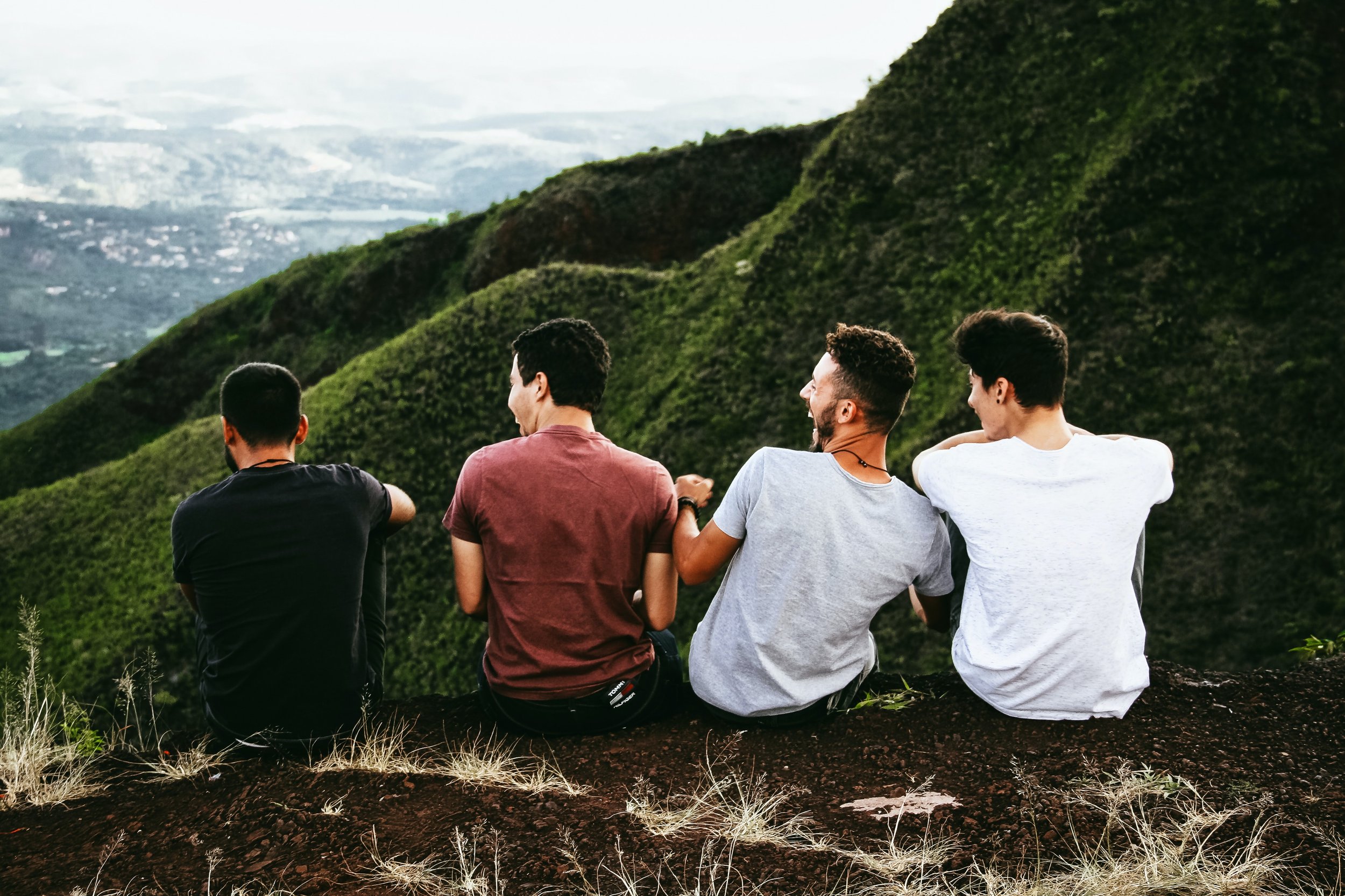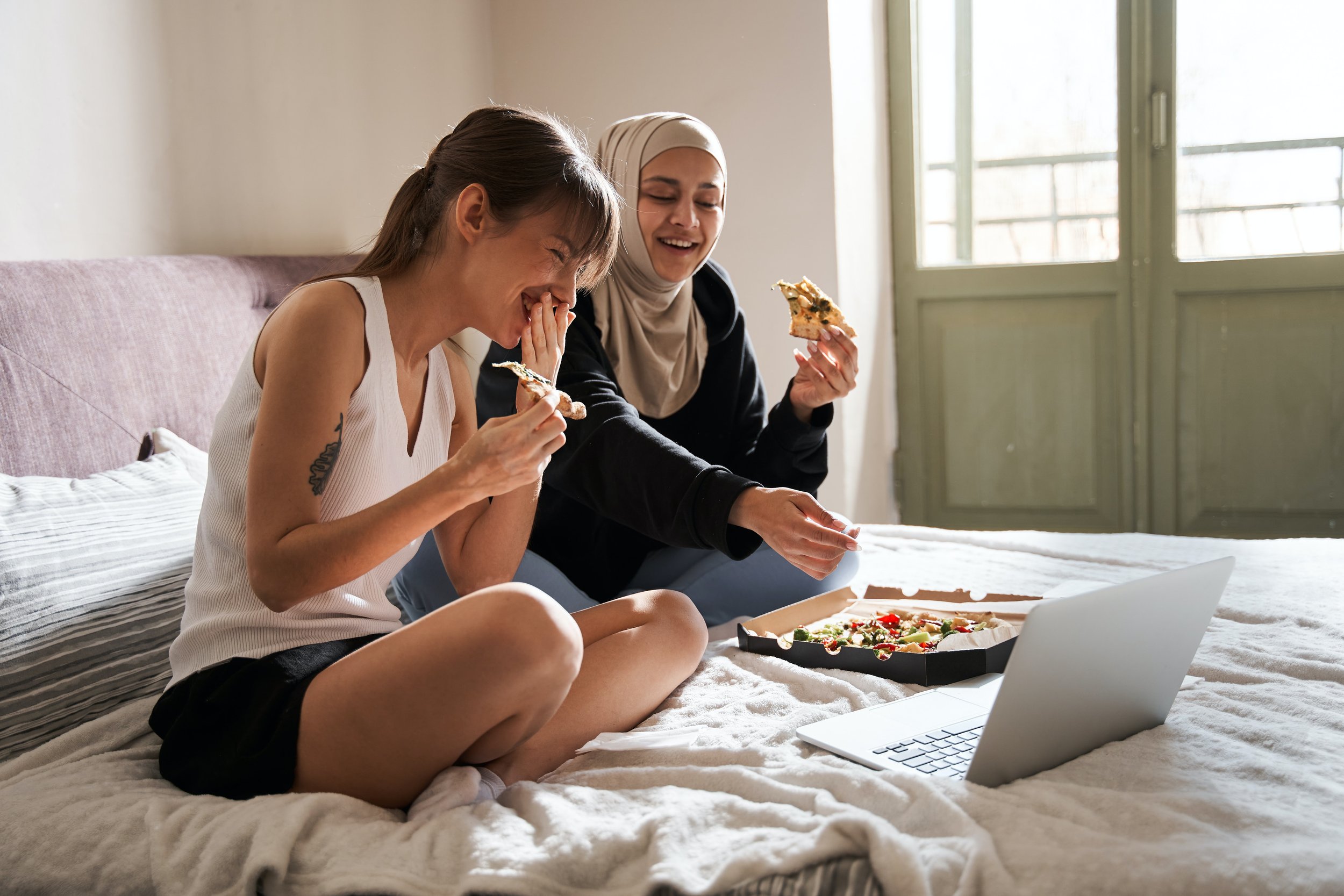Our Mission
To Serve and Strengthen the Mental, Physical, and Spiritual Health for Muslims and other cultural communities
Our Goal
At AMALY, our goal is to nurture resilient minds within multicultural communities. We are dedicated to offering a safe and supportive environment for individuals to address a range of mental health challenges. Our programs are crafted to equip the community with essential tools for managing emotional distress caused by witnessing injustice, while also cultivating resilience in the face of adversity. Through fostering open dialogue, promoting mental well-being, and fostering a sense of belonging, we strive to build a stronger, healthier community together.
Our Story
AMALY was founded by two Muslim Palestinian therapists, Halima Said and Amira Abudiab, during the COVID-19 pandemic. Our history embodies a journey of resilience and compassion. In response to the urgent need for mental health support during these challenging times, we introduced a virtual mental health clinic. Breaking barriers and fostering inclusivity, we've become a provider of accessible therapy nationwide. Halima and Amira also recognized the lack of mental health services in the city of San Diego and sought to establish more resources based on community needs
What People Are Saying About AMALY
“Halima’s genuine and caring personality shines with her expertise as a mental health therapist. One the biggest feedback we received from our spiritual camp was the benefit of having Halima present, available, and impactful to attendees. Halima has also brought a welcoming and supportive environment for the Sisters Wellness and Connection hour where ladies were able to be vulnerable and open, knowing they can trust Halima and receive the proper resources and guidance for their mental and physical wellbeing.”
— Tasnim Elmezain, Former MAS National Head of Tarbiyah & Ilm Camp
“We are a group of undergrad college students who were looking to start a mental health awareness club catering to the Muslim community at UCSD last summer. Since we did not have much formal experience in the mental health field as undergraduates we contacted Amaly for guidance. Amira and Halima took the time to meet with us and discuss what sorts of mental health issues young people in the local community struggled with, and gave us ideas of what kind of programming we could plan in order to address these issues. They were very knowledgeable, insightful, and accessible, and the advice they provided was invaluable. We look forward to collaborating with Amaly in the future on mental health initiatives for the San Diego Muslim community.”
— UCSD Beautiful Minds Project






